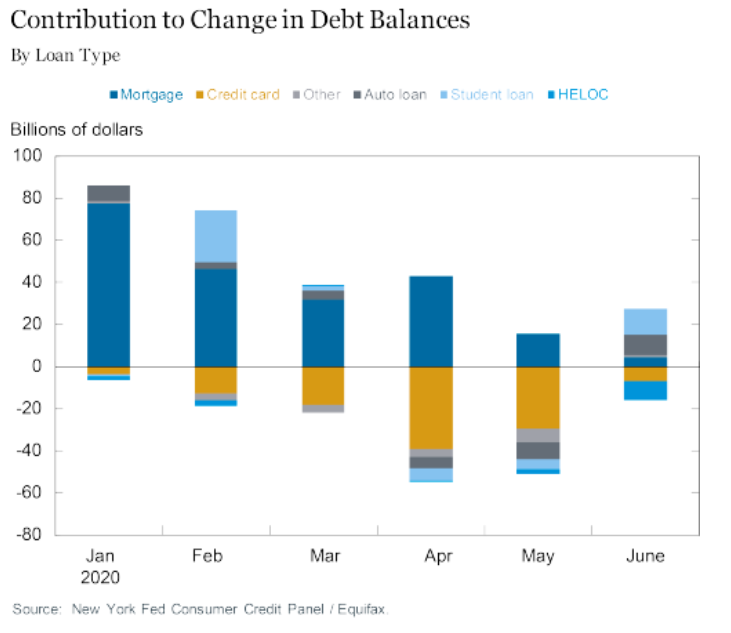Monday, August 17, 2020
Please note that in order to view the content for the
Bankruptcy Headlines
please
log in
if you are already an ABI member, or otherwise you may
Become an ABI Member
Thursday, August 13, 2020
Please note that in order to view the content for the
Bankruptcy Headlines
please
log in
if you are already an ABI member, or otherwise you may
Become an ABI Member
To amend the Fair Debt Collection Practices Act to restrict collections of consumer debt during a national disaster or emergency, and for other purposes.
Monday, July 27, 2020
A bill to provide immediate relief for patients from certain medical debt collection efforts during and immediately after the COVID-19 public health emergency.
Wednesday, July 29, 2020
Monday, August 10, 2020
Please note that in order to view the content for the
Bankruptcy Headlines
please
log in
if you are already an ABI member, or otherwise you may
Become an ABI Member
Friday, August 7, 2020
Please note that in order to view the content for the
Bankruptcy Headlines
please
log in
if you are already an ABI member, or otherwise you may
Become an ABI Member




